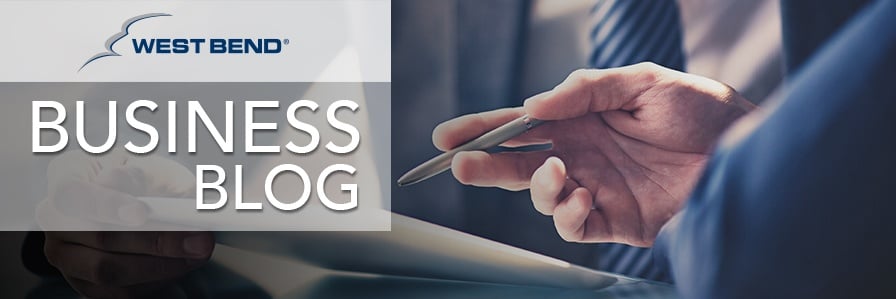One of the many long-lasting impacts from the COVID-19 pandemic has been employees working in places other than office buildings. In the beginning, everyone was huddled at home, but as time has gone on and things have re-opened, employees may now be working in places with public internet connections, like coffee shops or libraries. While public Wi-Fi networks are convenient, and a coffee shop is a great place to get some work done, there are some security risks from these networks that users must take into consideration. 
When users are on a public Wi-Fi network, if they log onto a site that’s unencrypted or minimally encrypted, other users on the network can see their activity. This could result in a hacker gaining access to passwords, documents, and financial information just to name a few. If an employee is using public Wi-Fi for work purposes, a hacker could also gain access to sensitive company information. Users may also be sharing their information with the organization or business providing the free network. It’s important for organizations to train employees on the risks posed by public Wi-Fi networks.
Tips for Safer Public Wi-Fi Use
While public Wi-Fi networks will always pose risks, there are a few things users can do to stay a little safer:
- Connect to websites securely. Only visit websites with HTTPS, not HTTP, at the beginning of the address.
- Read through the agreement with the company providing the free Wi-Fi to ensure you aren’t sharing all your information with them in exchange for the use of the network.
- Consider using a virtual private network (VPN), which can help protect your data.
- Use a mobile hotspot instead of the public Wi-Fi if that’s an option.
- Check your settings and be sure your computer or phone isn’t automatically connecting to the nearest Wi-Fi network.
- Turn off AirDrop or any other file sharing system when on a public Wi-Fi network.
The Federal Trade Commission has more information on staying safe on public Wi-Fi networks as well as other internet safety tips.





